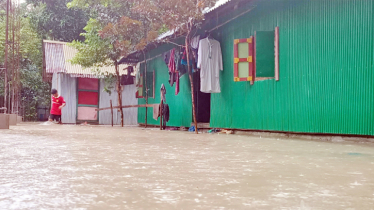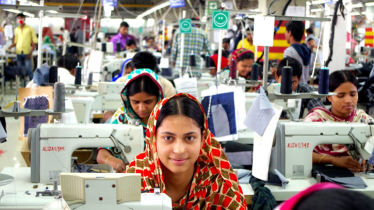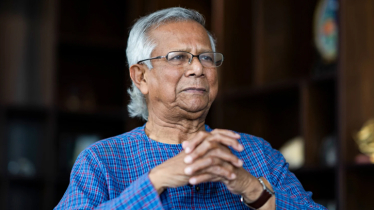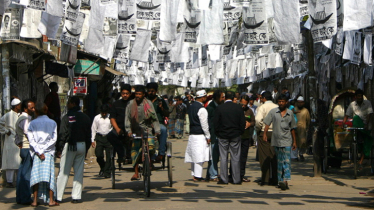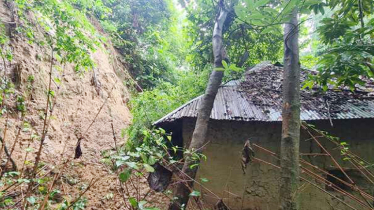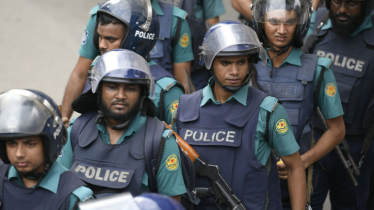
World Health Organization Headquarters. Photo : Collected
In a remarkable achievement, Bangladesh has made history by becoming the first country in the world to successfully eliminate the neglected tropical disease ‘kala-azar’ which disproportionately affects the impoverished population. Recently, the World Health Organization (WHO) officially recognised this milestone during the Southeast Asian Countries Regional Meeting (SEARO) held in New Delhi, where Health Minister Zahid Maleque was honoured by Regional Director Dr Poonam Khetrapal Singh.
This accomplishment stands as vivid evidence of the concerted efforts of the Awami League government, which prioritized strengthening primary healthcare across the country after taking power. Now, primary treatments are provided through 14,000 community clinics in remote areas of the country, transforming these clinics into trusted healthcare hubs. Under the leadership of Bangabandhu’s daughter, Sheikh Hasina, each of these clinics serves approximately 6,000 local people, offering essential medical services. The government has reduced maternal mortality rates from 320 to 163 per lakh and infant mortality rates from 65 to 28 per 1,000 births. Bangladesh boasts a remarkable 98% success rate in vaccination. Recognition of becoming the first country in the world to successfully eliminate ‘kala-azar’ is another significant milestone.
Kala-azar, scientifically known as Visceral Leishmaniasis, targets internal organs such as the liver, spleen, bone-marrow, and lymph-nodes. Caused by the Leishmania Donovani parasite and transmitted by sand-flies, the disease leads to irregular bouts of fever, weight loss, spleen and liver enlargement, and anemia. It primarily afflicts the world’s poorest populations, often linked to malnutrition, population displacement, inadequate housing, weak immune systems, and financial constraints.
Bangladesh’s battle against kala-azar began with the first outbreak during British rule in 1824, persisting until 1960. The disease resurfaced in 1994, affecting 134 upazilas under 34 districts. A specialized program for kala-azar elimination was initiated in 2008, involving comprehensive treatment activities. Door-to-door spraying in affected areas commenced in 2012, and the government started distributing costly drugs for free from 2014 to prevent relapse and complications. By 2016, the country achieved the public health elimination target. Although the official declaration was delayed due to the Covid-19 pandemic, the efforts bore fruit, with only 99 new cases in 2021 and 78 cases detected this year.
Despite economic challenges, people now prioritise medical care over basic necessities. This focus on healthcare, coupled with global recognition, fills the country indeed with pride. The people of Bangladesh fervently hope for the continuation of these essential health services in the coming days too.
Messenger/Sun Yath


